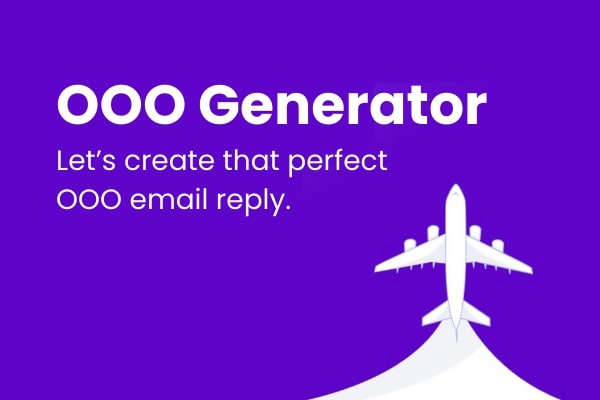Table Of Contents
What is Holiday Leave?
Holiday leave is paid time off granted to employees for public or company-recognized holidays. This type of leave allows employees to take a break from work to celebrate or observe significant holidays, contributing to their overall well-being and job satisfaction.
Key Elements of Holiday Leave
Public Holidays
Public holidays are national or regional holidays recognized by the government. These holidays typically include major events such as New Year’s Day, Independence Day, and Christmas. Public holidays are standard across most organizations, providing uniformity in holiday leave.
Example: Employees receive paid leave on Christmas Day, allowing them to spend time with family and participate in holiday traditions.
Company-Recognized Holidays
In addition to public holidays, companies may recognize additional holidays specific to their organization. These holidays may not be public holidays but are included in the company’s holiday schedule to honor significant dates for the organization.
Example: A company might observe a company-wide holiday for the founder’s day, celebrating the establishment of the business and its achievements.
Holiday Schedule
The holiday schedule is a list of holidays for which employees are granted paid leave. This schedule is typically outlined in the employee handbook and includes both public and company-recognized holidays.
Example: The holiday schedule may include New Year’s Day, Memorial Day, Independence Day, Labor Day, Thanksgiving, and Christmas, ensuring employees are aware of the holidays they will have off.
Holiday Pay
Holiday pay is the rate of pay employees receive for holiday leave, typically equivalent to their regular rate of pay. This ensures that employees do not lose income while taking time off for recognized holidays.
Example: Employees receive their normal daily wages for holidays, providing financial stability while they enjoy their time off.
Read more:
A Beginner’s Guide To Holiday Pay
How is Holiday Premium Pay Different Than Overtime?
Holiday Work Policies
Some employees may be required to work on holidays due to the nature of their job. Holiday work policies outline guidelines for such scenarios, including additional pay or compensatory time off for those who work on holidays.
Example: Employees who work on holidays might receive double pay or an additional day off to compensate for their work during a recognized holiday.
Floating Holidays
Floating holidays are flexible holidays that employees can take at their discretion, often in addition to the standard holiday schedule. These holidays provide additional flexibility for employees to observe personal or cultural holidays not included in the company’s official holiday list.
Example: Employees might receive two floating holidays per year to use at their discretion, allowing them to take time off for personal significant dates or cultural observances.
Read more: What Is a Floating Holiday?
Request Process
The procedure for requesting holiday leave, particularly for floating holidays or company-specific holidays, may involve submitting a formal request and obtaining necessary approvals.
Example: Employees may need to submit a holiday leave request form for floating holidays, ensuring that their time off is planned and approved in advance.
See also:
How to Handle Last Minute Time Off Requests
How to Reject Employee Leave Request (With Sample)
Importance of Holiday Leave
Employee Well-being
Holiday leave provides employees with the opportunity to rest, relax, and spend time with family and friends. This time off is crucial for mental and physical health, reducing stress and preventing burnout.
Work-Life Balance
By offering holiday leave, companies support employees in maintaining a balance between work responsibilities and personal life. Recognizing the importance of holidays helps employees feel valued and respected.
See also: 6 Tips To Help You Reclaim Your Work-Life Balance
Employee Satisfaction
Providing paid time off for holidays enhances job satisfaction and morale by recognizing and celebrating important dates. It demonstrates that the company values its employees’ time and cultural practices.
Get the latest leave tracking updates
Join our monthly newsletter featuring curated HR content, with a special focus on leave tracking.
You have subscribed successfully.
Loved by teams at






